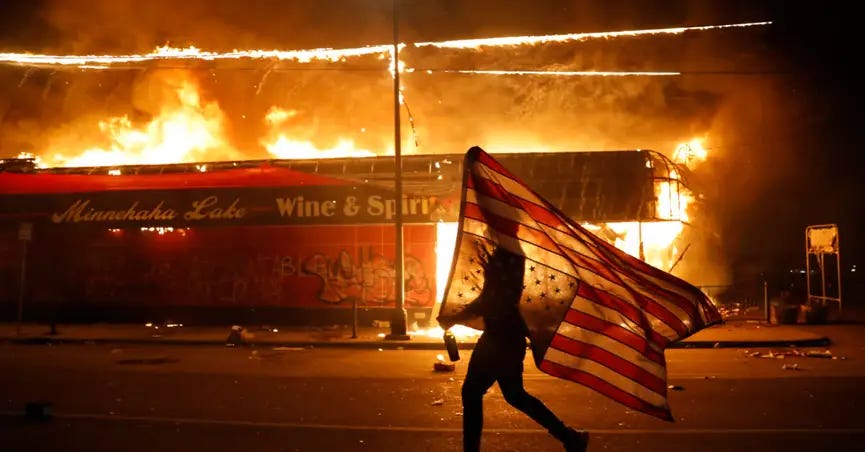
(photo by julio cortez for the associated press)
welcome to issue #20 of “tusk is better than rumours.” it comes a day early because i can’t see any reason to delay sharing this information.
this week would normally feature an artist primer, but in light of the events of the past week i have decided instead to do something a bit different. below, i provide a list of places to donate in support of protesters around the country and ways to get involved, and then some reading recommendations that i’ve found helpful in educating myself about racial issues. finally, to do my due diligence to those readers interested in experimental music, i’ve included a brief introduction to the work of deforrest brown jr. a.k.a speaker music, who writes and speaks knowledgeably and beautifully on being black in urban spaces.
feel free to share this. i hope that it is in some way helpful to some one of you.
Where to Donate
since the 27th, protests have spread to every major city in the u.s. this google doc is a helpful listing of bail funds and legal resources across the country, while this spreadsheet has more places to donate, including both bail funds and other organizations. if you don’t know where to direct your donation, i suggest choosing a bail fund in the city nearest to you. your money will not go to waste—it will either help somebody out immediately or go into a fund to help somebody out in future.
the minnesota freedom fund has received the most attention on social media for the great work they do allocating funds for bail bonds. they also ask that you support one of the other organizations they are cooperating with listed here:

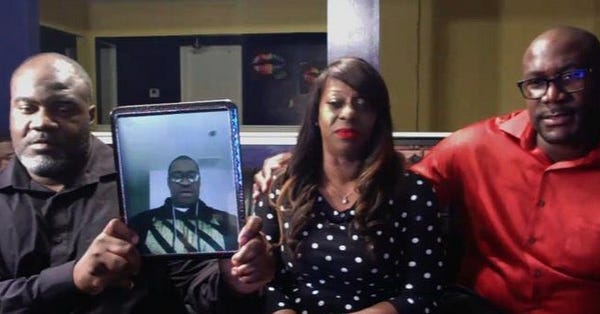
this is a list of places to donate that has been continuously updated (as of 5/31/20):
you can also direct funds directly to black individuals. here is a good place to start:

if you are unsure about donating to an individual instead of an organization, know that leslie mac is a trusted person:


Black Mental Health Resources
BEAM (Black Emotional And Mental health) is a good way to talk to a certified professional online or over the phone. also, this thread links to many mental health resources for black people:

How to Get Involved
after you’ve donated, after you’ve hit the streets, or if you can’t hit the streets for whatever reason, it is easy to begin to feel helpless. you can find other actions to take via black lives matter at this easy to use website. if you are white, ask what your local blm chapter needs from you and follow their lead! you can find a listing of blm chapters here.
i found this guide to demonstrating as a white person helpful. click through for the thread:

Reading Recommendations
it is a plank of the official Tusk Is Better Party Platform that the police should be abolished. below are two important books on the issue:
verso books has made the e-book version of The End of Policing by alex vitale freely available
haymarket books has made the e-book version of Who Do You Serve, Who Do You Protect? edited by joe macaré, maya schenwar, and alana yu-lan price freely available
i’d like to highlight a minneapolis book store called boneshaker books. they house the women’s prison book project and they share space with the twin cities dsa. if you would like to purchase one of the following books, or any other book on black oppression, racism, the struggle for civil rights, or organizing/activism, it would be great to order from their online store. because the country is on lockdown i don’t know how long it will take for your order to get to you but honestly it’s good if it takes a while because a shiny new book in the mail will be motivation to stay connected with the movement after (or if) these events fade from the headlines and in the meantime you can pick something to read from this collection linked by blm.
this is an (incomplete) list of books that have helped me or been recommended to me to understand racism in the u.s.:
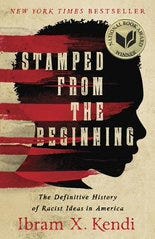
Stamped from the Beginning: The Definitive History of Racist Ideas in America by Ibram X. Kendi: A history of racist ideas and the strategies devised to upend them, from colonial America to today.
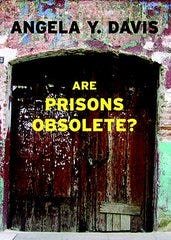
Are Prisons Obsolete? by Angela Davis: Yes, yes they are. Davis puts the prison abolition movement in context by relating it to other abolition movements (slavery, segregation) to argue that it is in fact possible to dismantle the carceral system.
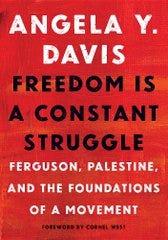
Freedom Is a Constant Struggle: Ferguson, Palestine, and the Foundations of a Movement by Angela Davis: A collection of essays, interviews, and speeches connecting struggles against state violence from Ferguson to Palestine.
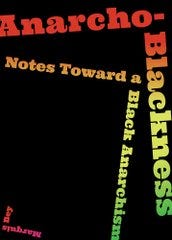
Anarcho-Blackness: Notes Toward a Black Anarchism by Marquis Bey: A bringing-together of anarchist principles with black feminist and transgender theory to explore how they overlap in their respective struggles against the state.
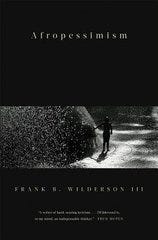
Afropessimism by Frank Wilderson: A recent work, Afropessimism presents the idea of “perpetual slavery.” Obviously pessimistic and undoubtedly radical, yet still necessary. And hopefully incorrect. (and Wilderson is from Minneapolis himself) .
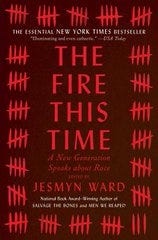
The Fire This Time: A New Generation Speaks about Race edited by Jesmyn Ward: A collection of pieces by authors such as Kiese Laymon, Carol Anderson, and Claudia Rankine about black life in America.
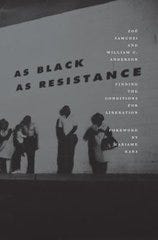
As Black as Resistance: Finding the Conditions for Liberation by Zoe Samudzi and William Anderson: A critique of liberal politics and a proposal for an anarchist response, centered around the idea that the concepts of “Blackness” and “citizenship” are mutually exclusive in the U.S.
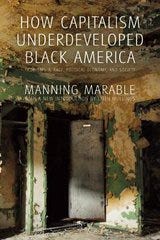
How Capitalism Underdeveloped Black America: Problems in Race, Political Economy, and Society by Manning Marable: A classic study of the ways in which capitalism creates obstacles to black progress.
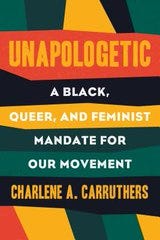
Unapologetic: A Black, Queer, and Feminist Mandate for Radical Movements by Charlene Carruthers: A call for, and primer on, making black liberation movements more open, flexible, and sensitive.
Speaker Music
i’d feel remiss not including a bit of music for y’all in my music newsletter so i’d like to highlight the work of deforrest brown jr., who records as speaker music. i’m going to cede my time this week to him. read this great interview with him about how capitalism dictates the rhythms of the black body in urban space and how this influences his music. then listen to his music at bandcamp and give him some money:



